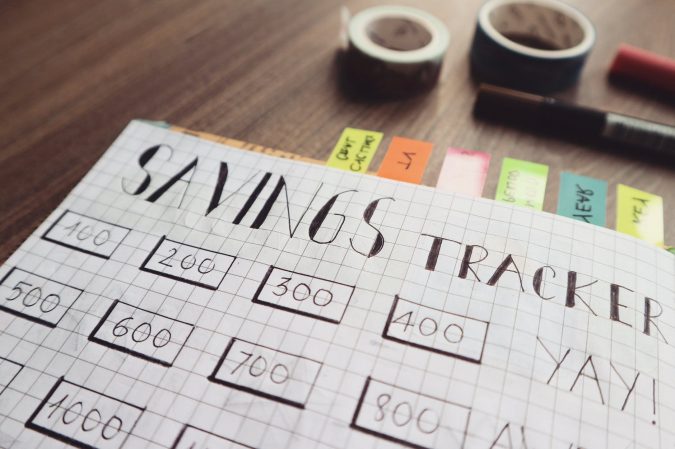
The trick to making an effective budget is to look at what your income is and compare it to your expenses. Some people break their income and expenses down monthly, some even weekly. Before we can focus on what you’re earning each month, let’s start with your monthly spending. So where does your money go?
Expenses
Let’s start with the easy part – write down all of your fixed expenses.
Here are some suggestions on where to start:
- Monthly mortgage payments or rent
- Monthly utilities
- Transportation (car payment, gas, train or bus pass, etc.)
- Food
- Insurance
- Healthcare
If your fixed expenses are less than the amount of your monthly income, your next step should be to save the receipts from the various purchases that you make and use them to create additional spending categories for yourself in future months. For instance, are you finding yourself spending $5.00 per day on coffee? Add up those receipts, and create a “Coffee Fund” category.
Income
Once you’ve tackled the (sometimes daunting) task of gathering your expenses, you can now take the next step in calculating your income. How much are you making per paycheck? Per month? Are you salaried or hourly? Think about how much you make on your worst month, and use that number to compare against your monthly spend.
Start a Savings Plan
If your monthly spend is below your income, that means that you have some wiggle room to start saving. In these turbulent times, you should ideally, try to set aside enough money to cover a few month’s worth of your expenses in case of an emergency. You can easily do this by opening up a savings account and setting up a direct deposit where some fund come out of your paycheck and go directly into your savings. You don’t even have to think about it! Once you have that money is put away, you won’t need to use your credit cards should you lose your job or have an unforeseen expense.